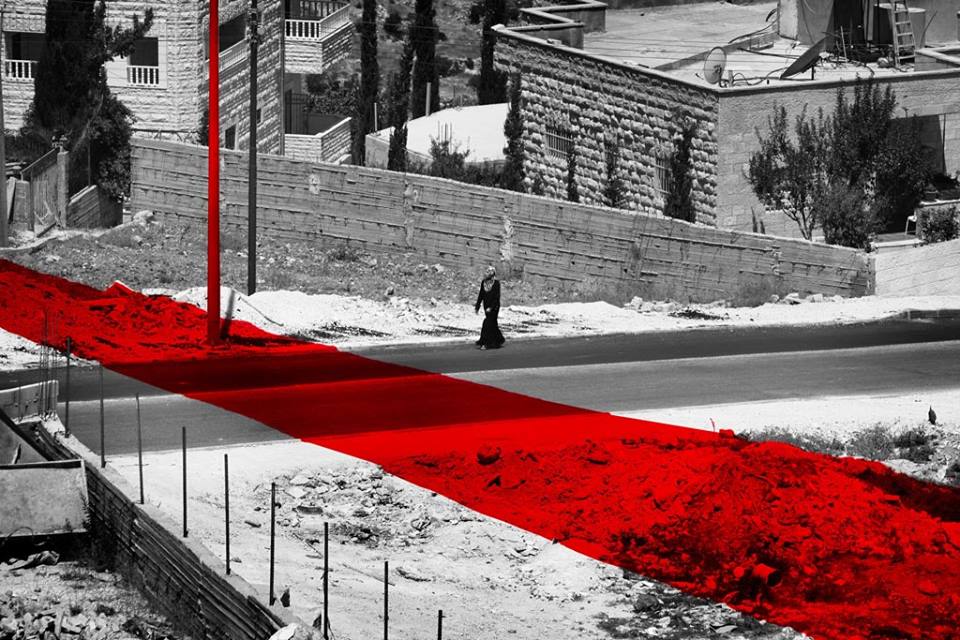Visible Evidence, the annual scholarly conference on documentary film, media, culture and politics–interdisciplinary, international and indispensable–is now 21!
Inaugurated at Duke University in 1994, Visible Evidence has met annually ever since–in Canada, the UK, France, Germany, the Netherlands, Brazil, Australia, and most recently in Sweden, as well as in the US (eleven times).
This year the conference will be held in New Delhi, India from December 11 to 14 2014. Co-hosted by Jawaharlal Nehru University and Jamia Millia Islamia, the conference will be held at the India International Centre, Max Mueller Marg, New Delhi. In 2014 we are meeting in Asia for the first time, and for the second time only in the global south!
Visible Evidence 21, as is traditional, will feature a range of panels, workshops, plenary sessions, screenings and special events around documentary, its practices, histories and theories.
Proposals for panels, workshops, presenta9ons, screenings and individual papers are solicited according to the following guidelines and themes.
Themes
Proposals may address any aspect of documentary screen cultures, histories and practices by engaging with, but are not restricted to, the following themes (we aim for a broad, diverse and inclusive scope for this first Asian VisEv):
- Documentary /Art: Exploring new spaces, narratives, relationships and audiences
- Documentary/Social Sciences: Engaging with politics, methodologies, ethics and evidence
- Documentary/Selves: Addressing autobiographies, memoirs, home-movies, confessions and self-fashioning
- Documentary/Cities: Crowds and communities, onscreen and offscreen.
- Documentary/ Pedagogies: Making as teaching, producing as mentorship.
- Documentary/Affect: Bodies, sensations, feelings and relationships
- Documentary/Trash: Shame, gossip, scandal, exploitation and the sensational
- Documentary/Sexuality and Gender: Diversity, dissidence and disclosure
- Documentary/Production: Practices and authors; screenings, streamings and (emergent) platorms
- Documentary/Economies: Techno-materialities, virtualities, festivals and archives
- Documentary/Modes: Fiction, animation, performance, voice and hybridity
- Documentary/Violence: Trauma, testimony, index, performance and memory
- Documentary/Truths: Analog to digital, cinéma-vérité to docu-menteur, phones and phoneys
- Documentary/Transnational: Migrations, transgressions, diasporas, scapes and refugees
- Documentary/Environment: Interventions, debates, exposures
- Documentary/Archives: Memory, preservation, restoration, historiography
- Documentary/Activism: Transformation, mimesis, witness.
- Documentary/South Asia: Historicising state, independent, experimental and regional interventions…identifying parallels in other postcolonial traditions.
Panel, Workshop and Papers: Guidelines and Deadlines
We invite submissions of pre-constituted panels, pre-constituted workshops and individual paper proposals. Each panel and workshop session is allotted 90 min. Each panel will have three papers of not more than 20 min followed by discussion. Workshops, usually addressing practice-related issues, will feature 4 to 6 opening statements (totaling up to 30 min of prepared material), setting the stage for an exchange of ideas and skills among workshop participants.
Proposed panels and workshops may be pre-constituted either through public calls for submissions, or through individual solicitation by interested convenors.
Panel and workshop calls may be posted publicly by interested convenors on the Conference Website (coming soon) until May 1, 2014. Convenors must notify selected participants by May 15, 2014. Convenors of pre-constituted panels and workshops are expected to submit proposals in standard format (see below) both for the event as a whole and for each individual contributions (for example a submission for a pre-constituted may be up to 8 pages in length, and for a workshop up to 14 pages).
Deadline for all open call individual paper proposals and pre-constituted panels and workshops: June 1, 2014. Participants will be notified of their acceptance or not around June 23.
Submission Format:
Proposals for panel papers and workshop contributions include a descriptive title, an abstract (of 250-300 words), biblio- /filmography (5 or 6 items maximum) and brief bio (150 words maximum). The proposal should not exceed two pages.
In all individual proposals for panel contributions, please indicate whether or not, in the instance that the panel is rejected, you would like your individual proposal to be considered as an open call submission.
Please submit your proposal by the above deadlines as a PDF document to ve21newdelhi@gmail.com.
Website address: www.visibleevidence21.org
Deadline Summary:
March 1: Call for papers
April 1: Conference website operative.
May 1*: End date for solicitation by interested convenors for participation in pre-constituted panels and workshops.
May 15: Convenors notify participants of pre-constituted panels and workshops.
June 1: Deadline for all submissions of individual paper proposals (open call) and preconstituted panels and workshops.
June 23: Notification of acceptances for Visible Evidence 21.
December 11: Welcome to Delhi! Conference begins.
Organizing committee:
Jawaharlal Nehru University: Ira Bhaskar, Ranjani Mazumdar, Veena Hariharan, Kaushik Bhaumik
Jamia Millia Islamia: Shohini Ghosh, Sabeena Gadihoke
University of Pittsburgh: Neepa Majumdar
Concordia University: Thomas Waugh.
